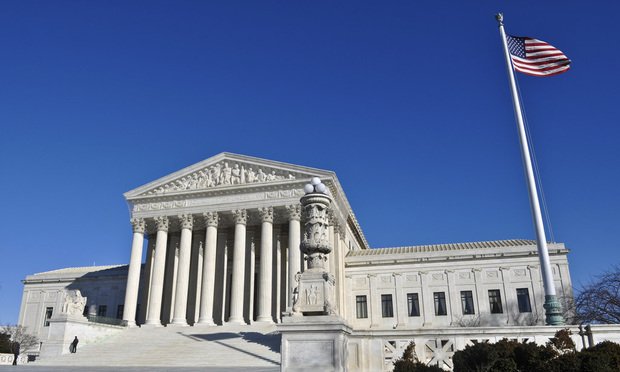 Here’s a great development for those who seek favorable tax treatment – Massachusetts beneficiaries no longer have to pay state income tax for trusts based in other states. Sort of.
Here’s a great development for those who seek favorable tax treatment – Massachusetts beneficiaries no longer have to pay state income tax for trusts based in other states. Sort of.
In a recent case argued before the U.S. Supreme Court, a New York-based trust challenged the North Carolina Department of Revenue’s ability to collect of state income taxes from the trust’s earnings. The State of North Carolina justified these taxes, collected even in years that a beneficiary living in the state did not receive any payments, based solely on the beneficiary’s home residence. The Court unanimously affirmed the lower court’s decision – holding that a beneficiary’s in-state residency alone, without actual receipt of income or the right to demand income from an out-of-state trust, did not establish sufficient contact to justify income tax liability from that state.
What does this mean for Massachusetts beneficiaries? That depends on your lawyer first, and your accountant second. As the Court noted, a beneficiary residing in a different state from his or her trust could be taxed if sufficient contacts were established. Their analysis seemed to center upon that beneficiary’s right or expectation of income from the trust, on whether the beneficiary’s home state had any reason to charge income tax. This appears to echo principles of basic common sense. Why would anyone believe that a trust, which was already paying taxes for income in its home state, would have any annual income tax liability in a state that it hadn’t paid income in?
 Non-specialist lawyers might be forgiven for not having known these types of tax-related details. But for many Massachusetts accountants that work with clients in estate planning, this simply confirms what was already well known to those having experience in this field. In fact, that the U.S. Supreme Court even had to take up this question is an indication that expertise in the field of taxation may not be as common as it should be for many practitioners.
Non-specialist lawyers might be forgiven for not having known these types of tax-related details. But for many Massachusetts accountants that work with clients in estate planning, this simply confirms what was already well known to those having experience in this field. In fact, that the U.S. Supreme Court even had to take up this question is an indication that expertise in the field of taxation may not be as common as it should be for many practitioners.
This reinforces the need for locating specific expertise when choosing professionals to advise on estate planning in Massachusetts. Understanding not only how to transfer, protect and assets, but also how to generally manage and prepare for related tax consequences that come from that, should be a basic requirement for anyone practicing in this field. Continuing education, and working on these issues in a regular basis, is the only guaranteed way to obtain the aggregated knowledge necessary for proper estate planning in Massachusetts. Consider calling our office soon to learn your family’s options with this, and other strategies we offer for estate & tax planning. Together we can discuss the most appropriate plan for your family to reduce legal exposure and potential tax liability. While there are several estate planning attorneys on Cape Cod, our office is definitely unique in using a tailored approach that we feel every family deserves from our combined decades of experience in the law, as well as a close relationship with trusted Cape-based advisors in tax planning.




